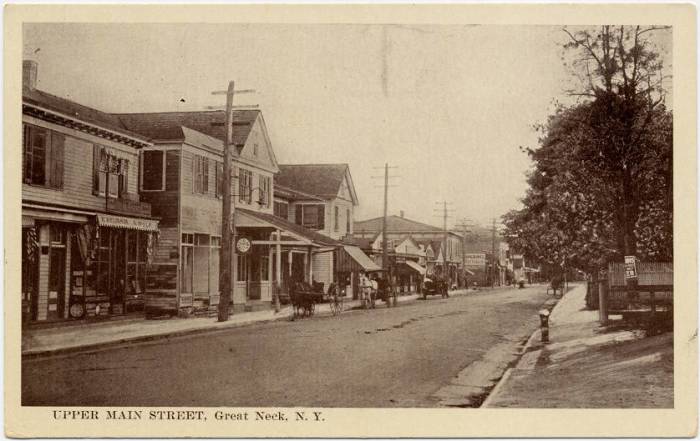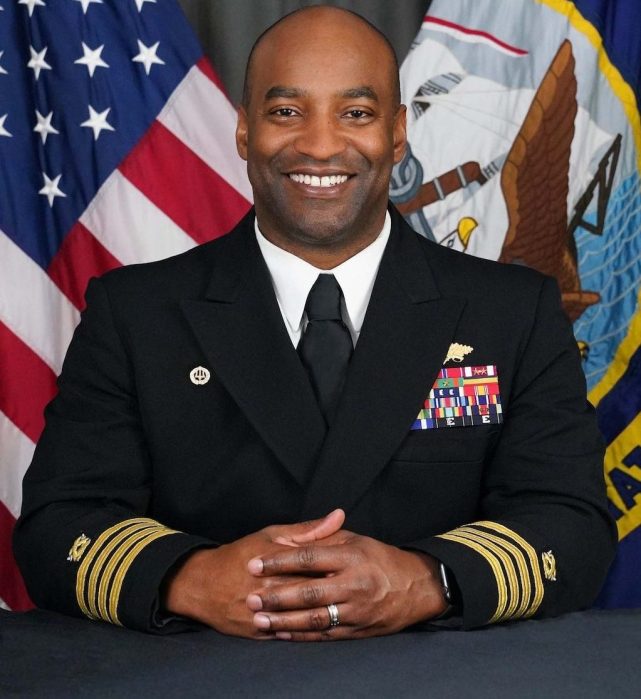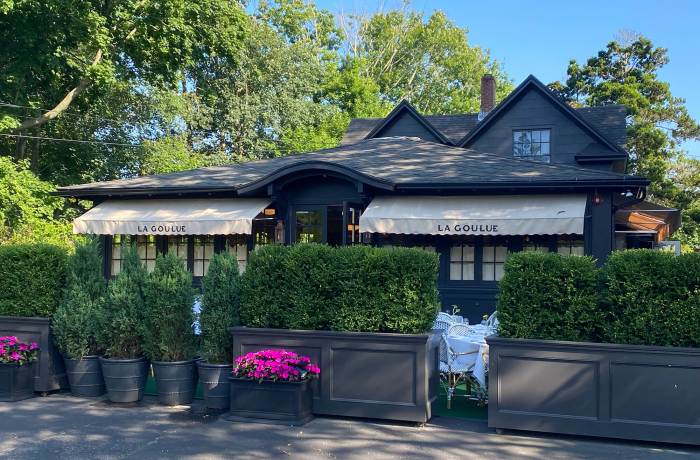Rockaway Beach
While the police department refuses to acknowledge requests for information, it is near-impossible to prove where the asset money actually went.
But the Press has found one former employee who says he knows where at least a decent chunk of it went, firsthand.
Contacted by the Press, former Deputy Chief of Detectives Richard McGuire says he questioned forfeiture spending when he was working within the department. According to McGuire, in 2008, the department was looking for a “getaway” for some of its top members. He helped make the arrangements for March at the luxurious Gurneys’ Inn in Montauk.
Mulvey stayed in one of the VIP cottages, according to one member involved in the booking of the excursion.
Gurney’s cottages, which include kitchens, fireplaces and private terraces, range from $465 to $1,385 per night on an off-season weekend, according to Gurney’s 2011 rate card.
The total cost, says McGuire, was about $30,000.
“I was shocked they paid for it with asset forfeiture money,” he tells the Press.
Disturbed by the expenditure, McGuire says he went to Thomas Krumpter, who has since been appointed Nassau’s acting police commissioner, and asked him if it was an appropriate use of the crime-fighting funds. Krumpter told him he was sure it was. Nowhere in the DOJ’s lengthy manuals, however, do weekend retreats appear as valid expenses.
Mulvey defends his use of the funds at the resort, adamant that the excursion was an all-work, no-play, “no frills” labor-management conference that was a “resounding success.” He insists he cleared it with the heads of Nassau’s three police labor unions first. The group included captains and above—about 50 people—and denies there were any backrubs or seaweed facials.
“We had a gazillion grievances with our labor unions,” he explains. “We had issues with our management, captains and above, where repeatedly they would not respect contractual mandates—whether you like them or not, you have to follow the contract, and it is complicated.
“They had to stay overnight, so I wanted it like, far enough away, where…I could get them onboard—I had a whole new approach,” he adds. “Before, it was adversarial with the unions. My approach was, ‘You got to respect the contract.’

And I brought in labor experts for this conference. There were no frills built into this. This was 9 to 5. There was no golf, no beach—it was in cooler weather.
“I thought it was a very good retreat,” Mulvey tells the Press, verifying that the excursion cost roughly 30 grand.
“That’s the kind of thing that forfeiture funds are used for. That wasn’t in the budget and it paid dividends. We had less grievances—grievances cost you money.”
Critics question why such a conference couldn’t have taken place in, say, the current police academy for which taxpayers are already paying hundreds of thousands of dollars a year in rent.
“Training supervisors at a luxury resort is, in a word, excessive,” says John Jay’s Shapiro, who also teaches government accountability at the MIT Inspector General Program. “The public safety mission of the law enforcement agency could have and should have been enhanced through less profligate means.”
“Even if it ostensibly fits under a category, and I’m not sure of what category it would arguable fit, it doesn’t justify the lavish resort and wasting a lot of money which might better be spent in another way,” agrees Smith, the former criminal prosecutor at the DOJ and former deputy chief of its Asset Forfeiture Office.

































